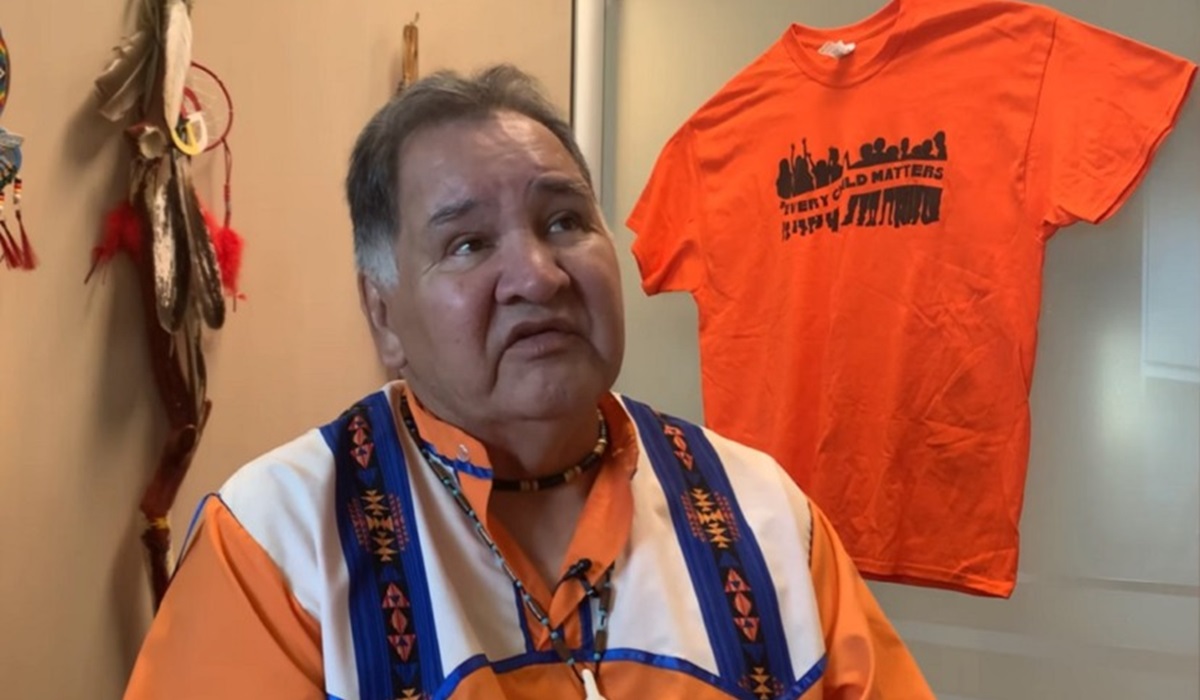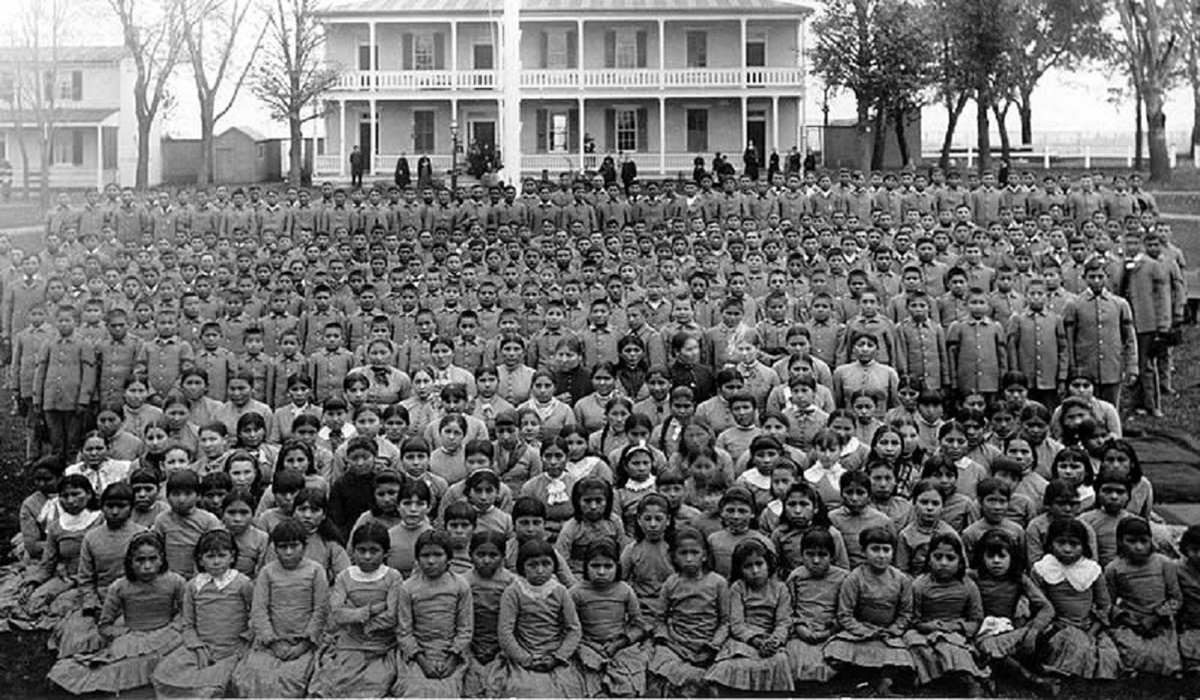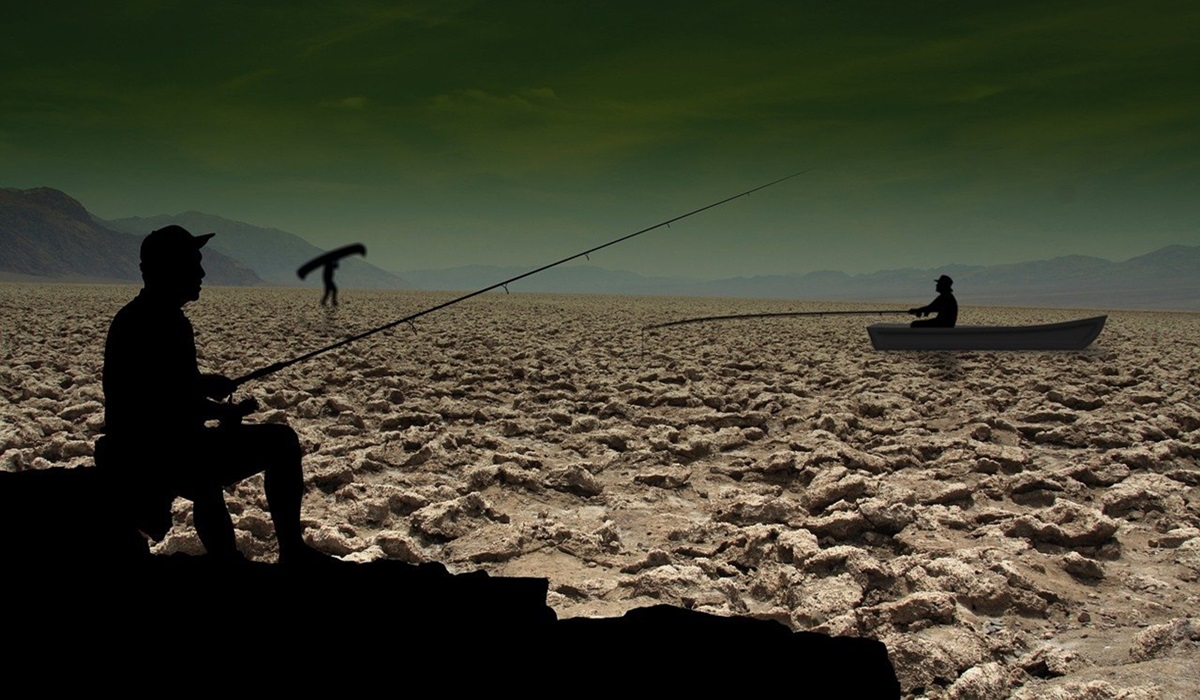57 First Nation Communities, Still Without Safe Drinking Water
- TDS News
- Indigenous
- February 26, 2021
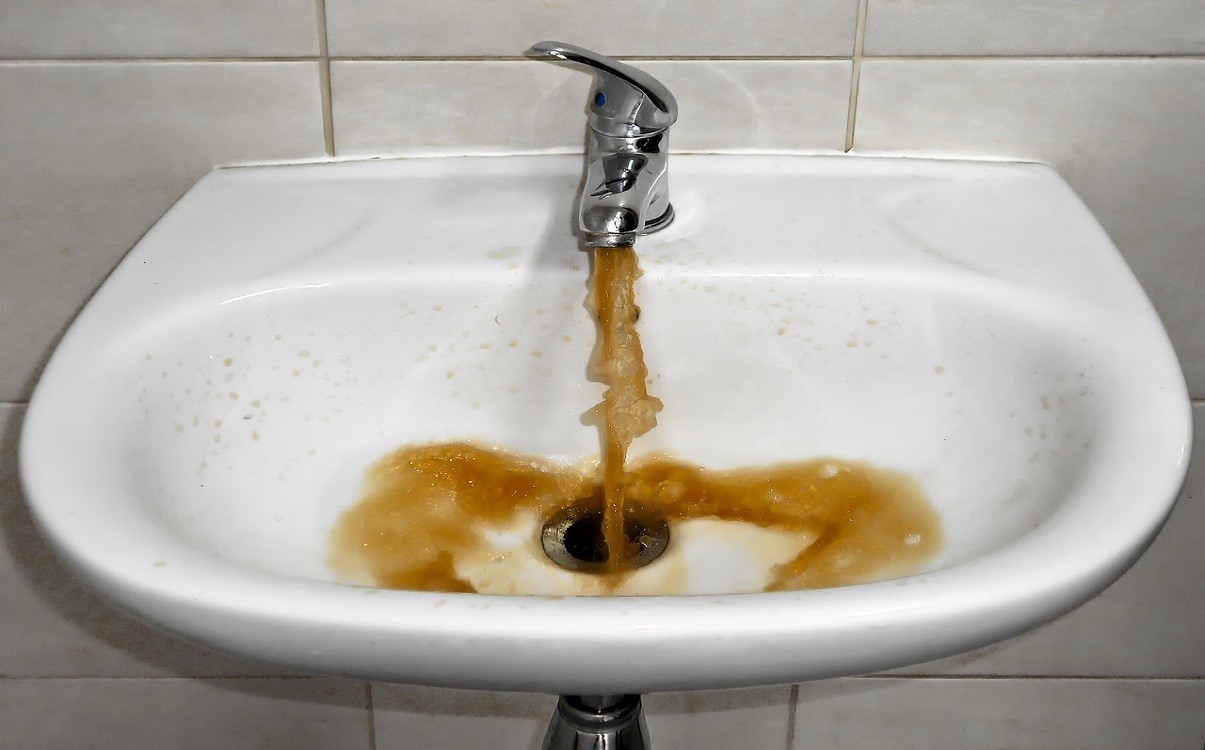
Indigenous Services Canada receives auditor general’s report on access to safe drinking water in First Nations communities
TDS News – Indigenous Services Canada has received the Office of the Auditor General of Canada’s report on the important issue of safe drinking water in First Nations communities.
‘We welcome the five recommendations set out in the report, each of which align with actions our government is taking to ensure every First Nation community has access to clean water.
In November 2015, there were 105 long-term drinking water advisories on public systems on reserves across the country. First Nations, with support from Indigenous Services Canada, have since lifted 99 long-term drinking water advisories and many short-term advisories at risk of becoming long term have also been lifted, ensuring clean drinking water to First Nations.
Progress continues with work underway in lifting the remaining 57 long-term drinking water advisories, which affect 39 communities.
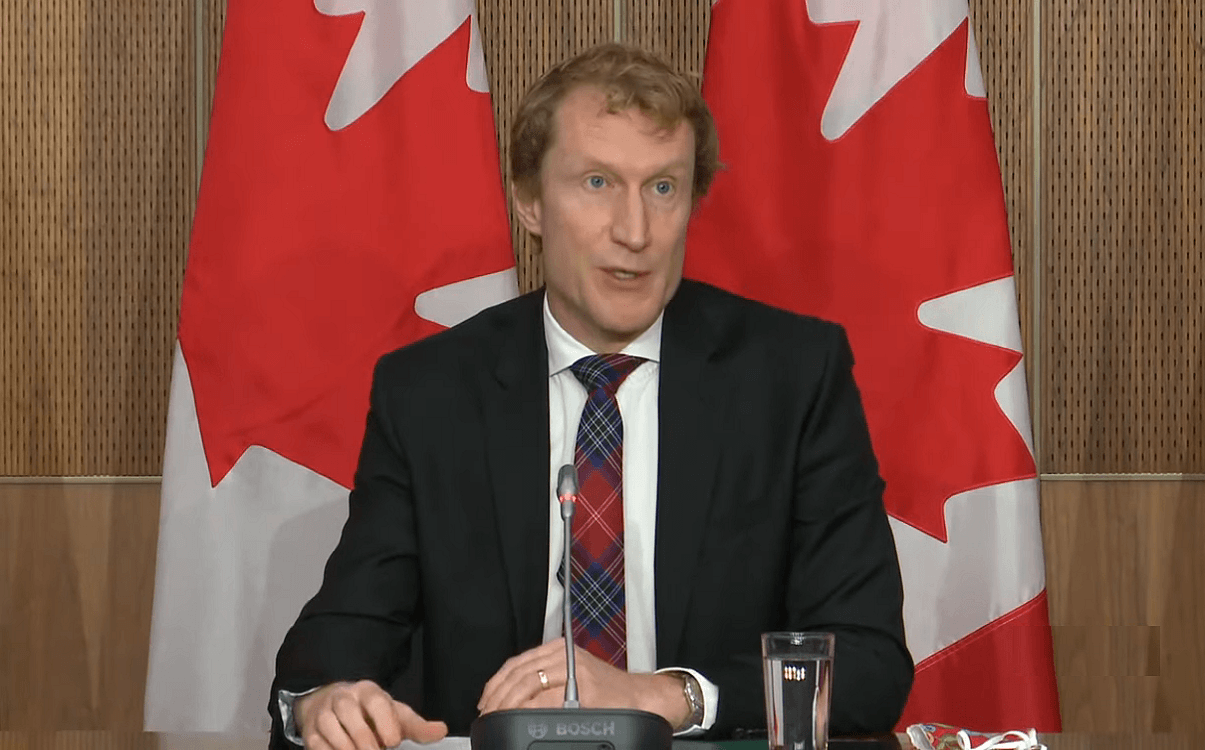
“The impact of COVID-19 has been real and it has been substantial. We applaud First Nation leadership for all they have done to keep their communities safe in the face of a significant public health threat. As delays unfold, we continue to update project plans and pursue acceleration measures wherever possible.
We also recently announced significant investments for the operation and maintenance of drinking water systems so that communities are better positioned to detect problems early, resolve problems where possible and prevent long-term advisories. This is work we plan to do in full partnership with communities.
Since 2016, the Government of Canada has invested over $3.5 billion into supporting access to clean water in First Nations communities. This funding marks a fundamental change in how the Government of Canada has historically worked with First Nations to ensure appropriate water and wastewater infrastructure. It represents a shift to focusing on the long-term sustainability of water infrastructure, of lifting up First Nations capacity, and investing in operation and maintenance so that clean drinking water can be the reality for generations to come.
In alignment with the Office of the Auditor General’s recommendations, we will continue to work with First Nations to conduct performance inspections of water systems annually, and asset condition assessments every three years, to identify deficiencies. We will work with communities to address those deficiencies, prevent recurring advisories and invest in long-term solutions.
We will also continue to support operator training and retention, and will work with partners to expand capacity building and operator support for First Nations. As well, Indigenous Services Canada will continue to work collaboratively directly with First Nations as well as the Assembly of First Nations and other First Nations organizations, and other federal departments to develop a framework to address the concerns with the existing Safe Drinking Water for First Nations Act.
Still, we realize more work needs to be done, and value input from the Office of the Auditor General and other observers. We will continue to work in concert with First Nations partners to improve water infrastructure on reserves and support access to safe, clean and reliable drinking water.”” Said Marc Miller Minister of Indigenous Services




